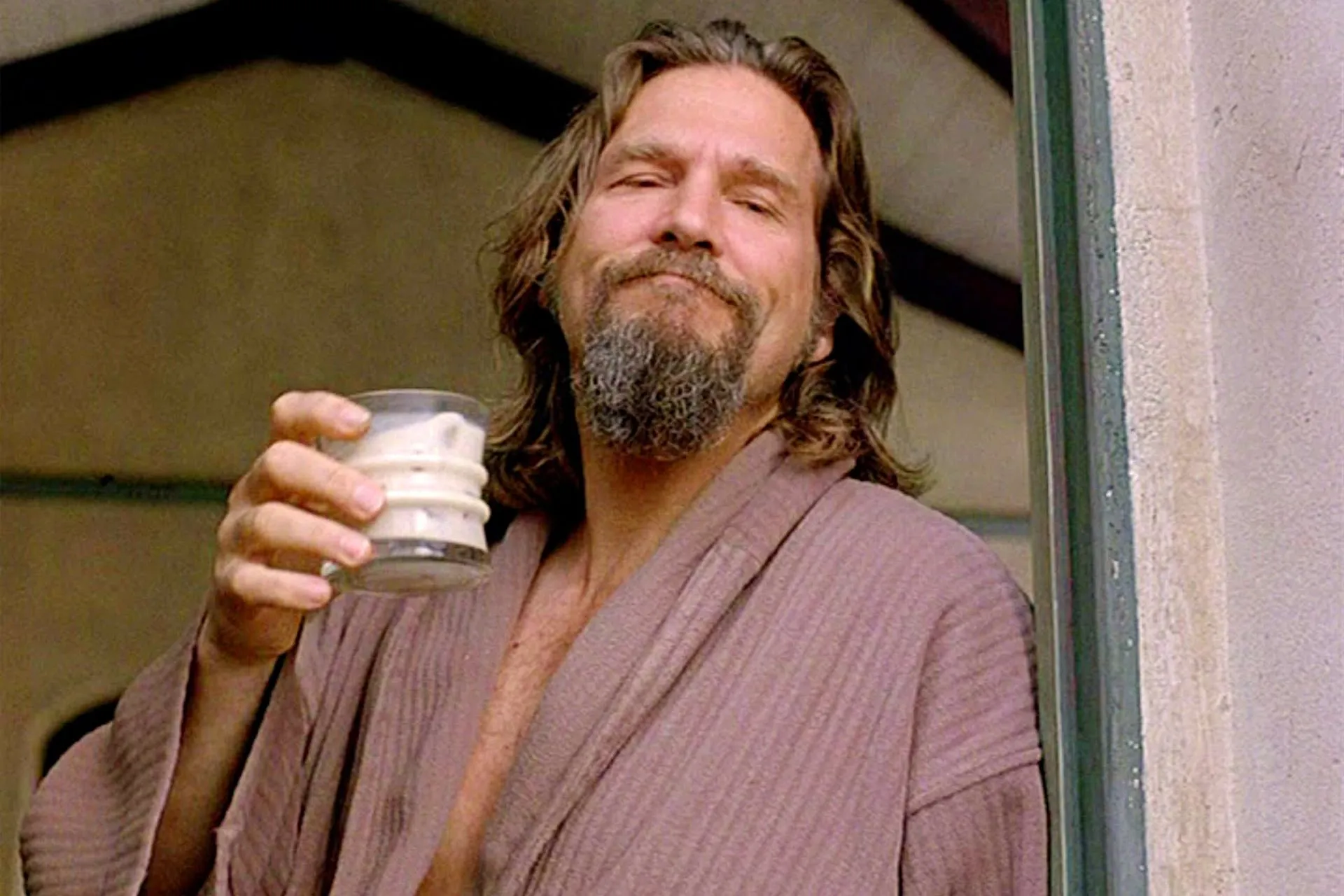Let’s get this debate out of the way before we get started. Die hard is a Christmas movie and no, not because of the violence or because it takes place around the time of Christmas, but because of something different. All of those things help its case for the status of a Christmas movie, but I’d say it’s because our main character badass, John McClane (Bruce Willis), and his wife, Holly Gennaro (Bonnie Bedelia), fix their marriage’s issues in the span of one wild night. As shown through other consensus/established “Christmas movies” such as the Home Alone franchise and Christmas Vacation, Christmas is about putting aside your family’s difficulties to share love in with your family. The Home Alone franchise’s conflicts lie between Kevin and his family and for Christmas Vacation, the disasters that stem whilst striving for a good family Christmas. Kevin and his family reunite at the end of each and Christmas Vacation heals conflict when Clark gets his bonus. If we judge a Christmas movie based on the that factor of solving conflict to bring love, Die Hard qualifies. At the start of the movie Holly and John are distant lovers, but by the end she shows signs of forgiveness and even verbal commitment to their marriage. That love and emotional plot beneath the combat is what puts Die Hard under the Christmas category.
Released in 1988, Die Hard, is a perfect blend of Christmas Eve mayhem, quotable scenes, and fantastic fighting scenes. The movie focuses mainly on John McClane, a New York cop who’s invited to the Nakatomi Corporation’s Christmas party by his wife, Holly Gennaro. All hell breaks loose around, I don’t know, after ten minutes of John being at the party when European terrorists crash the party. Their leader is Hans Gruber (Alan Rickman) and his crew is out for the 500 million dollars worth of stuff held inside the vault of the massive skyscraper. McClane’s cop instincts take over when the thieves take charge and he manages to slip out of the party and become the “poison pill” to screw up the plans of the terrorists. One by one he starts taking terrorists out, even sending one down an elevator to the floor the terrorists occupy in festive decor. As the terrorists get closer to what they want, John has to strategically survive and figure out how to get law enforcement involved, as they aren’t the most cooperative of helpers.
The Pros:
Die Hard is going to win you over with three things: characters, casting, and the writing. Argyle (De’voreaux White), John’s limousine driver who gets him from the airport to Nakatomi Plaza is really a symbol and also foreshadowing of the great character’s within the story to come. You have our sweaty off-duty policeman John McClane, the goofy limo driver Argyle, the idiotic but entertaining Ellis (Hart Bochner), the nerdy but witty terrorist hacker Theo (Clarence Gilyard Jr.), and of course none other than the direct but unsuspectedly funny Hans Gruber. All of these characters are responsible for the delivery of so many lines people love from this movie. Some to quote: “I wanted this to be professional, efficient, adult, cooperative. Not a lot to ask. Alas, your Mr. Takagi did not see it that way… so he won’t be joining us for the rest of his life.”, “Come out to the coast, we’ll get together, have a few laughs”, and my personal favorite from the police chief, Dwayne T. Robinson (Paul Gleason), “Jesus Christ Powell!, He could be a f***ing bartender for all we know.” The creation of these lines are credit to screenplay writers Jeb Stuart and Steven E. de Souza.
The little moments are an awesome touch and something to look out for. I credit my brother for calling attention to the movie containing lots of these. An example is when the police attempt to get inside the building and one of the terrorists on front door duty sees the candy bar inside a glass container and reaches his hand inside to get it. Look out for these small things, they usually pop out at the end of scenes and demand at least a smirk.
The Cons:
There’s a few critiques that are either excused because they don’t hold up in time or are just so small they don’t really matter too much. The orange effect given to the Los Angeles landscape by the cameras always bugs me every year. The weird hole in the script where John is signing into the “cute toy” to find where his wife is in the building makes no sense because the man at the front desk says, “The 30th floor, they’re the only ones left in the building”. WHAT? if they are the only ones left in the building, then why did you have him sign in? Maybe that was left in to be funny and have people like me stick on it every watch, but I just found it odd.
This movie is really so good that you can’t think of anything disappointing about it. The score is a 91.
